HANS STOISSER
Learning Journey Silicon Savannah V
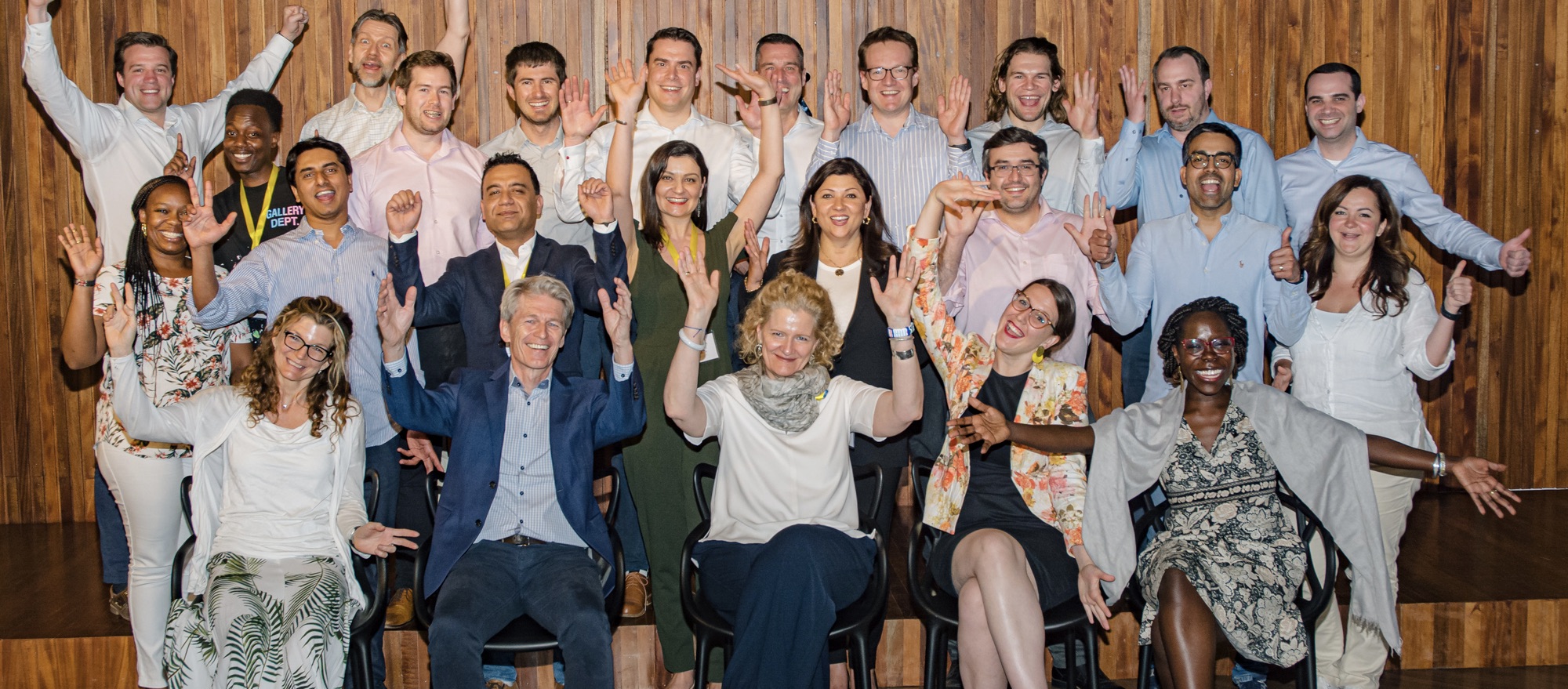
The company is no longer a start-up. It employs about 1000 people and has received about 150 million USD in venture capital to date. TWIGA FOODS, based in Kenya, is an Africa-wide acclaimed attempt to revolutionise African agriculture.
“Fragmented retail is the big problem, along with low productivity of smallholder farmers,” Peter Njonjo, CEO of Twiga Foods, tells us. Kenya has the best prerequisites to export agricultural products, but currently does not even produce enough for its own needs.

A somewhat different Learning Journey
In February 2022 we are in Nairobi for the fifth time with our “Learning Journey Silicon Savannah“. This time with a group of participants of an Executive MBA programme of the WU Executive Academy (Wirtschaftsuniversität Wien). Average age 40, all managers in medium-sized or international companies.
The “immersion” in the realities of the East African economic metropolis follows the proven four steps:
- “approaching” the African reality
- getting to know “digital Africa” and thus the specifics of the somewhat different digital transformation
- experience the highly dynamic informal and urban reality of an African city (“urban Africa“) and
- explore possibilities of collaboration (“co-creation“).
However, the five-day programme has a distinctive feature this time: we get to know TWIGA FOODS in detail. We visit the company at its headquarters, go on excursions to one of the warehouses and to markets and discuss with Peter Njonjo it’s CEO. From him, we are given a strategic assignment.
The participants of our trip formed three groups. During the five days, they research, discuss and develop solutions. On the last afternoon, they present these to the CEO.
Twiga Foods – A Real-Time Case Study
Farmers’ and food producers’ goods do not reach retailers with the required quality and regularity. Twiga Foods wants to change that. It wants to be the missing link in the value chain. For this purpose, it has built a technology-supported internet platform.
Already today, Twiga Foods delivers 400 different products to about 10,000 retailers in 12 African cities. About 8000 farmers grow produce for them.
If Twiga Foods can implement its “mission” on a much larger scale, the impact will be huge. Massive increases in quality and productivity on the supply side. Lower prices and a continuously functioning supply on the demand side. Overall, additional income and economic growth will be created and the security of food supply will be improved.
Twiga Foods shows why modern entrepreneurship is so important. It creates the necessary “market-creating innovations” that make the difference.
With this, the participants of the Learning Journey worked “live” and in “real-time” on a case that has the potential to make economic history in Africa.
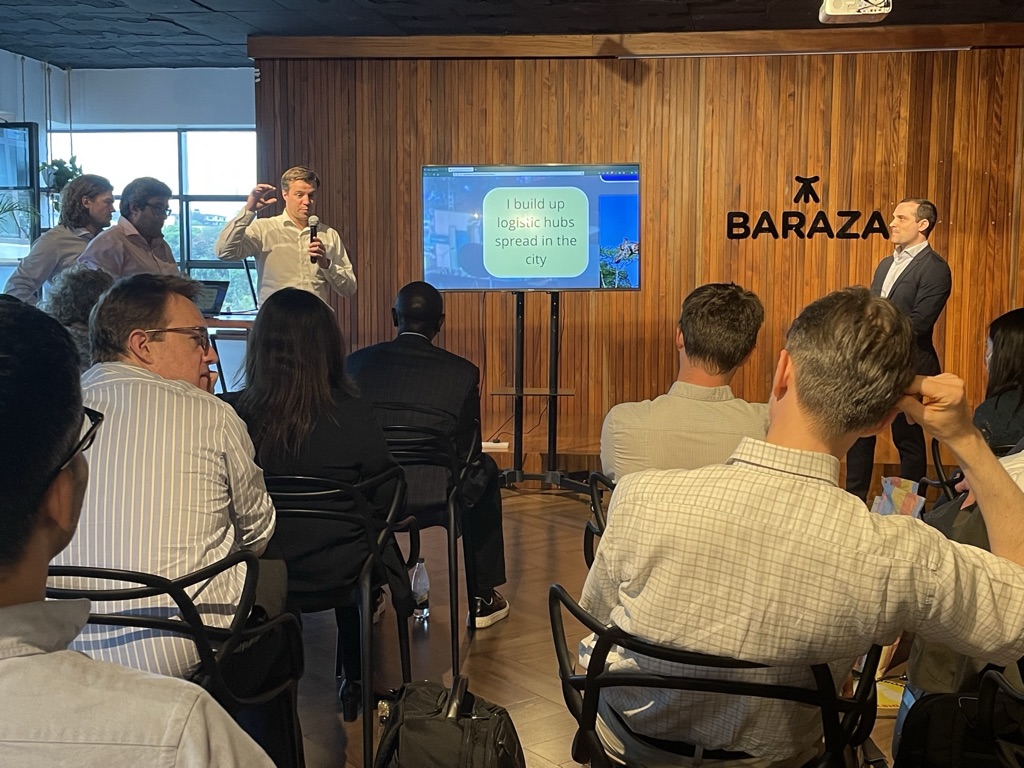
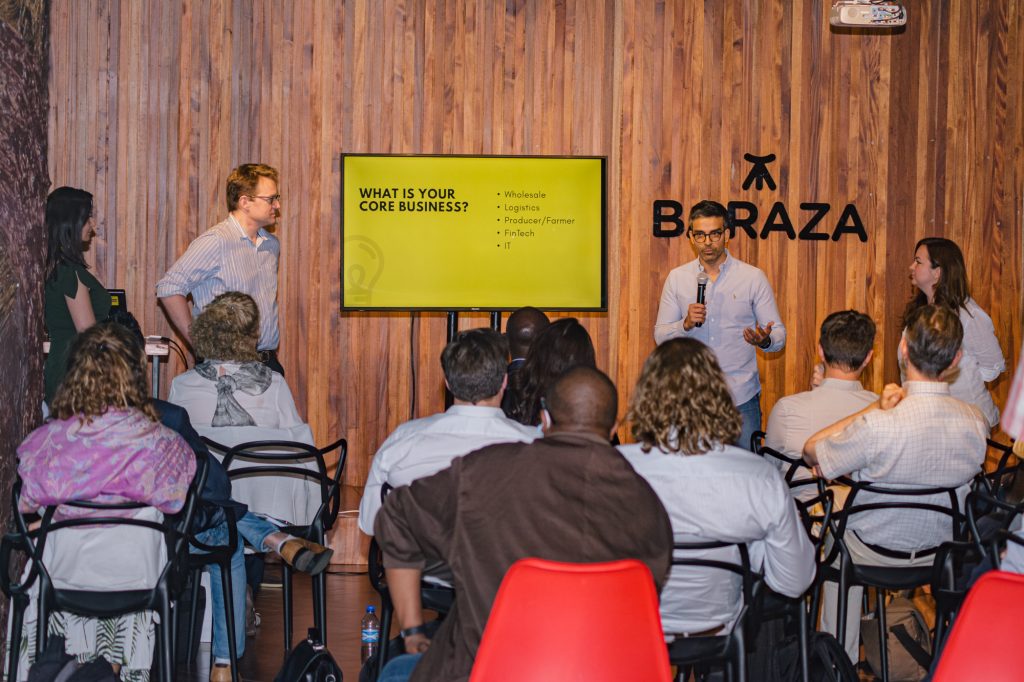
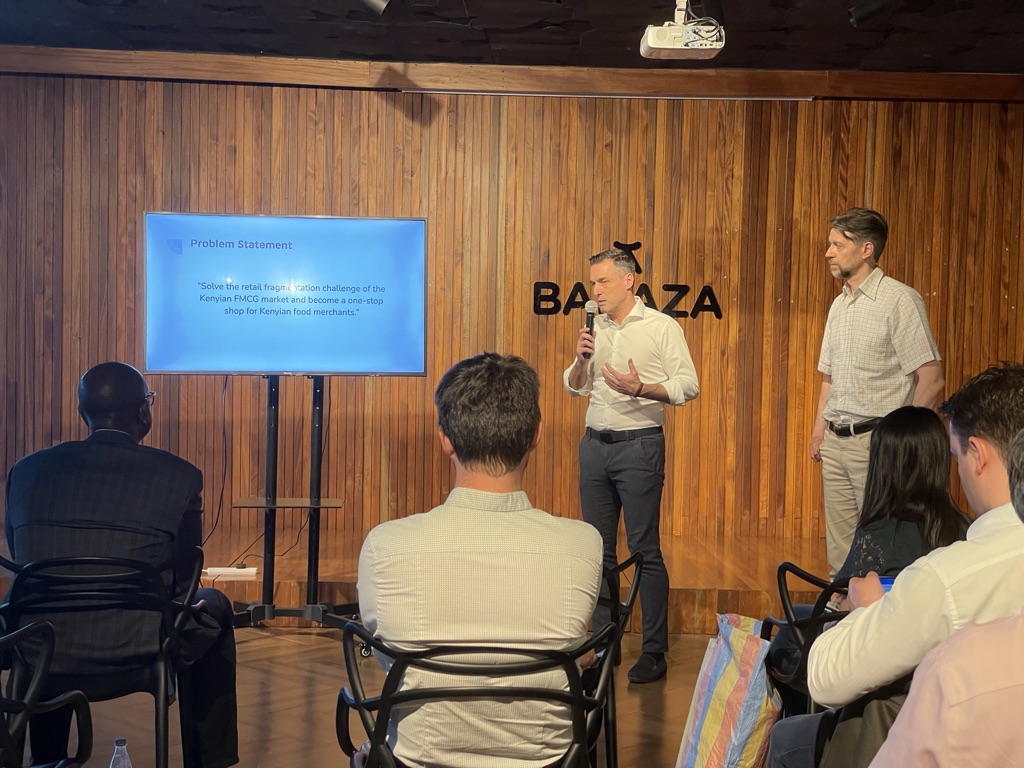
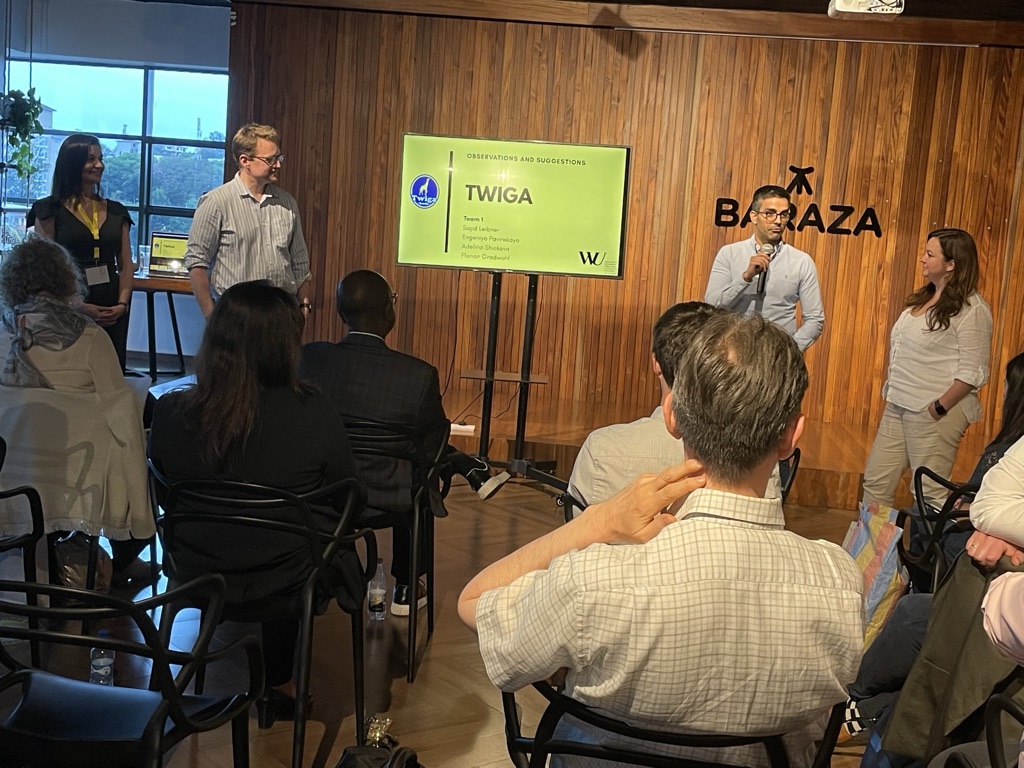

Our next Learning Journey Silicon Savannah:



